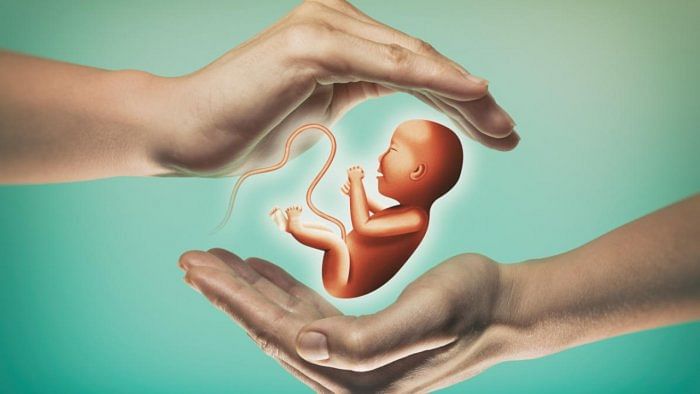
Doctors in the city are seeing an increase in infertility among men, which is now equaling the number of female infertility that used to be more.
Dr Vasan S S, pioneering andrologist in Karnataka and founder of Ankur Healthcare, says that among couples who have fertility issues, around 40per cent of the cases each are contributed by men and women now (and the remaining 20per cent are due to issues from both combined).
“Around the time I started Ankur Healthcare in 1998, only 20-25per cent of the cases were contributed by male factors and 40per cent by female factors. Now, the male factors are as much or slightly more than the female factors. This has been the trend across India,” he says.
Dr Ravish IR, Lead Consultant (Urology) at Aster RV Hospital, says studies globally show similar trends. The number of male infertility cases he sees has almost tripled over the past 10 years. “While I used to see one to two cases in a week earlier, now it is around one new case per day.”
While dietary changes, alcohol consumption and stress are usually considered to be reasons for the spike, Dr Vasan says more studies are needed for clarity.
The common issues doctors see are problems with sperm motility (movement) and morphology (defects), along with zero sperm count, says Dr Vasan. “A disturbing trend is that the number of men with zero sperm is rising — earlier 5-7per cent of my patients with male infertility had this issue, now almost 12-14per cent do. Conception becomes more difficult for them. They would need surgery, and this may not always be successful.”
Dr Shashidhar B, andrologist at Androplus Clinic, says the clinic gets 300 to 400 cases monthly, of male infertility or sexual health issues contributing to infertility.
But given the strong emphasis on IVF, many cases of male infertility are being missed altogether, though infertility has larger health implications for men.
“Preliminary findings from recent studies show that infertility may increase cancer risk in men. There are impacts on mental health and productivity also,” says Dr Vasan.
IVF solution
Seeing IVF as an easy solution also puts the burden on women and increases costs.
“In IVF, women are injected with multiple drugs, causing issues like menstrual irregularities, mood swings, etc. Whereas resolving male factors is much easier. The problem is that specialists in male infertility may not be involved in these treatments, and gynecologists are not trained to treat male infertility,” says Dr Vasan.